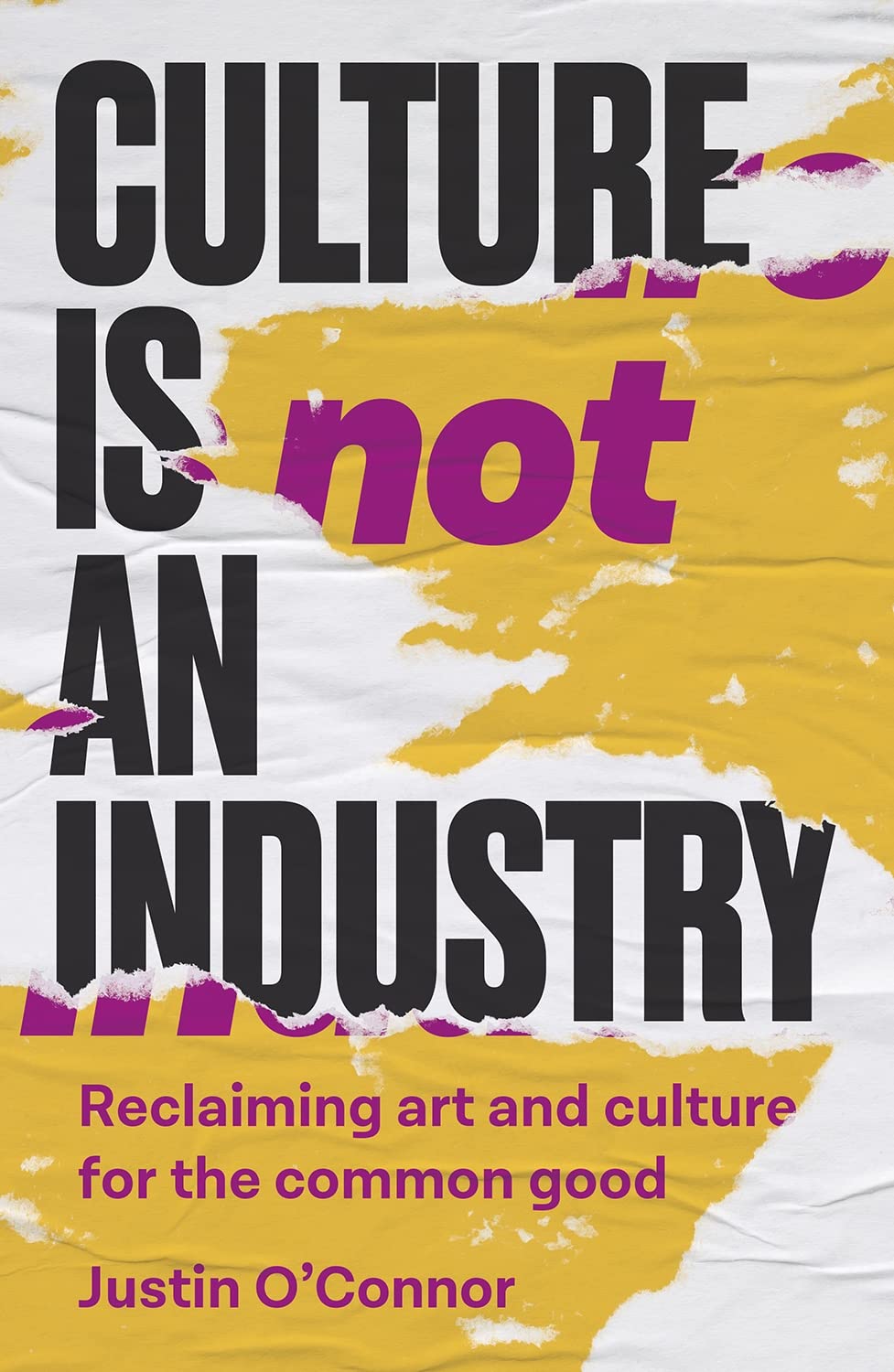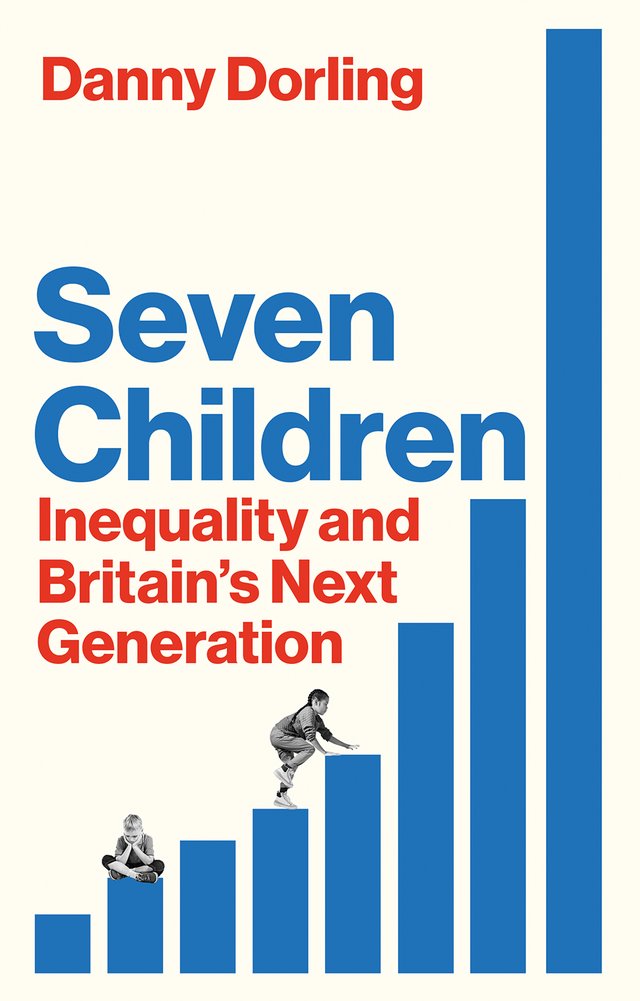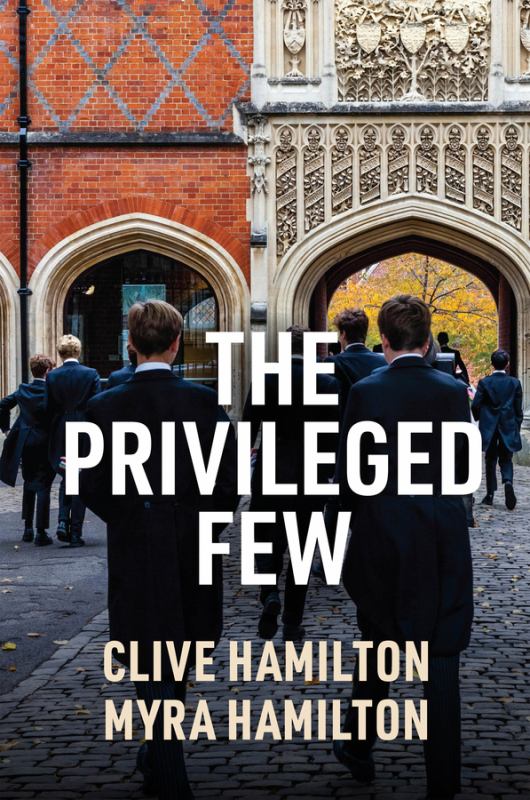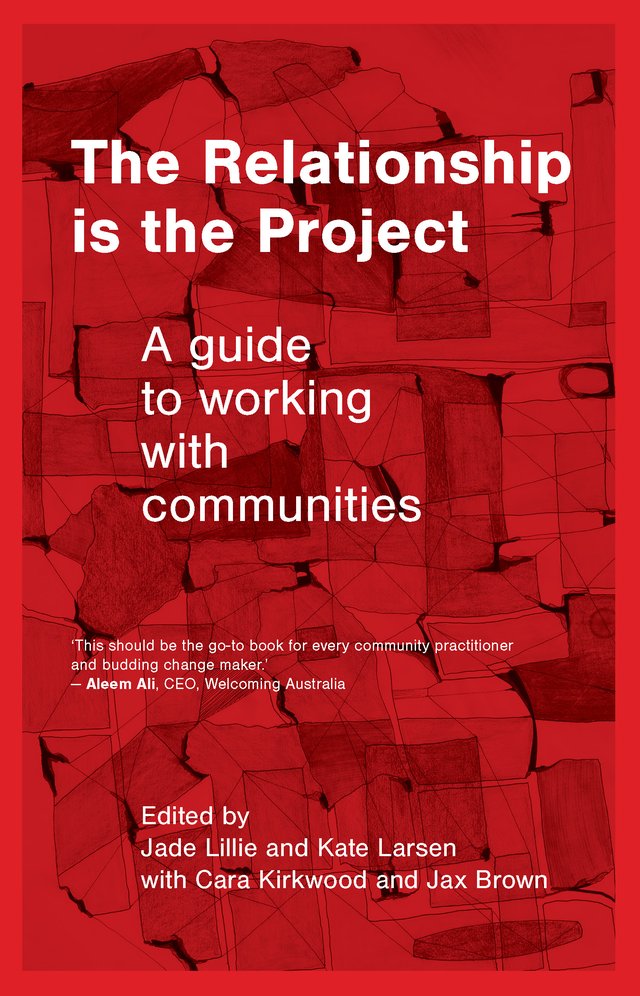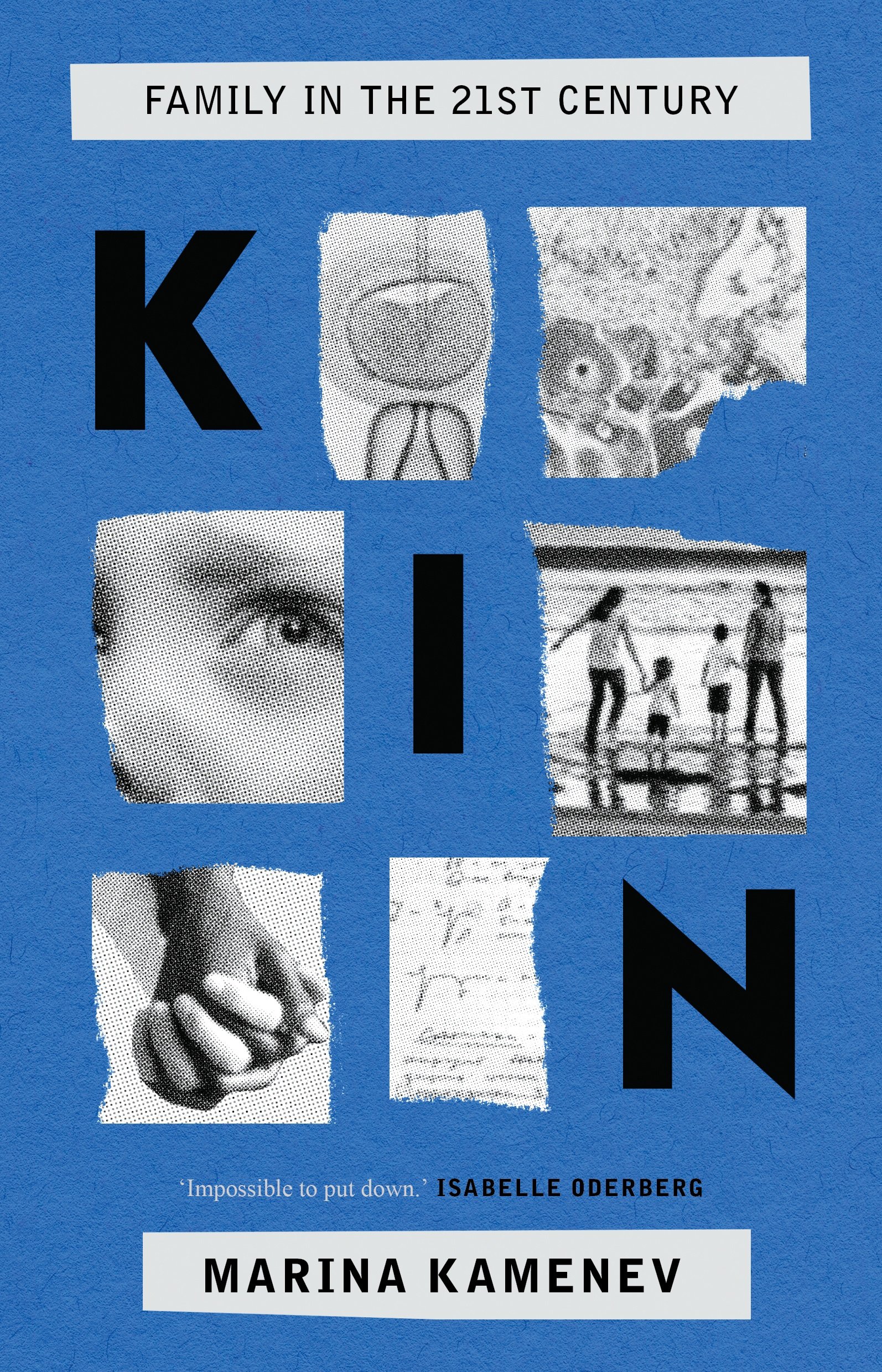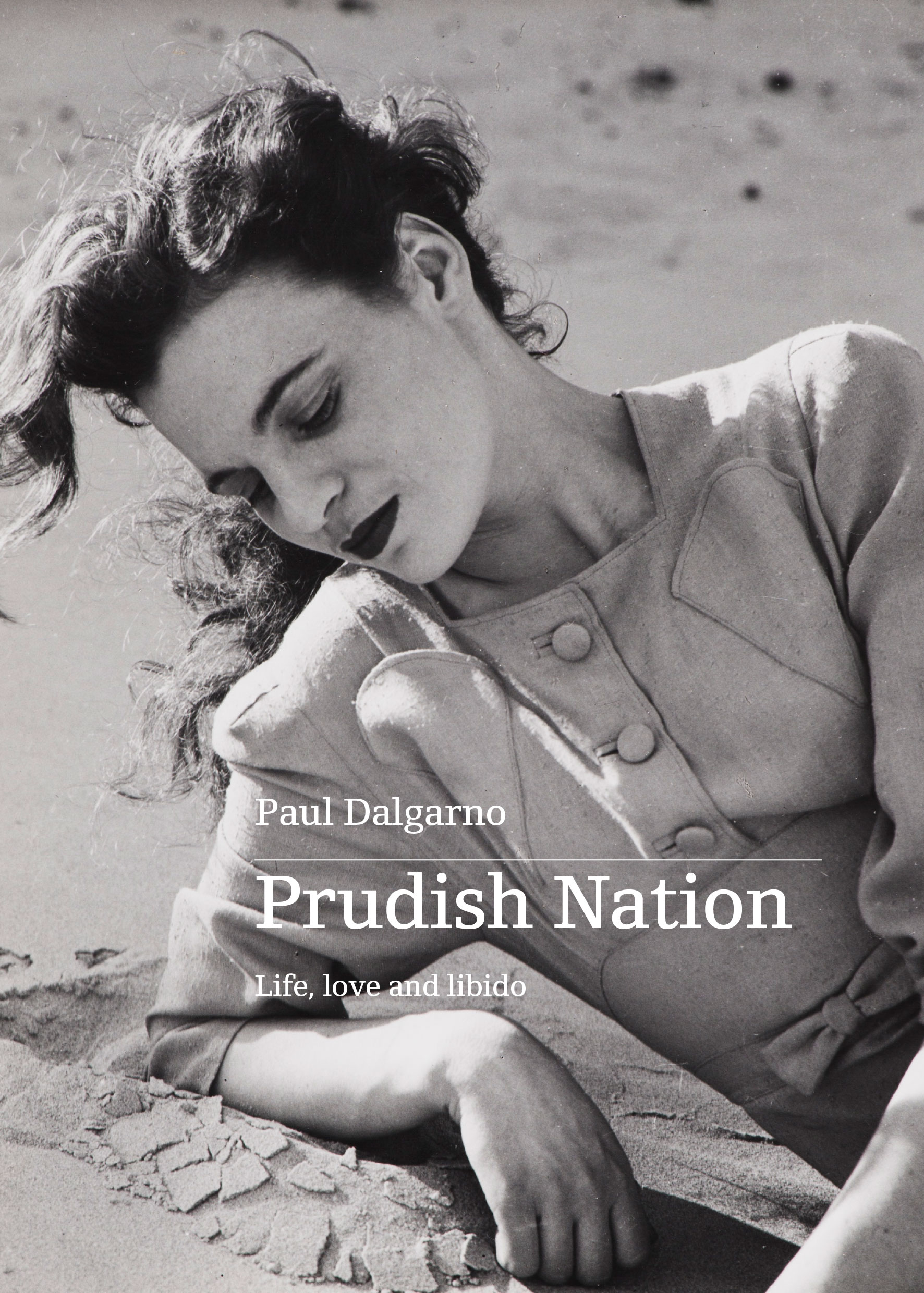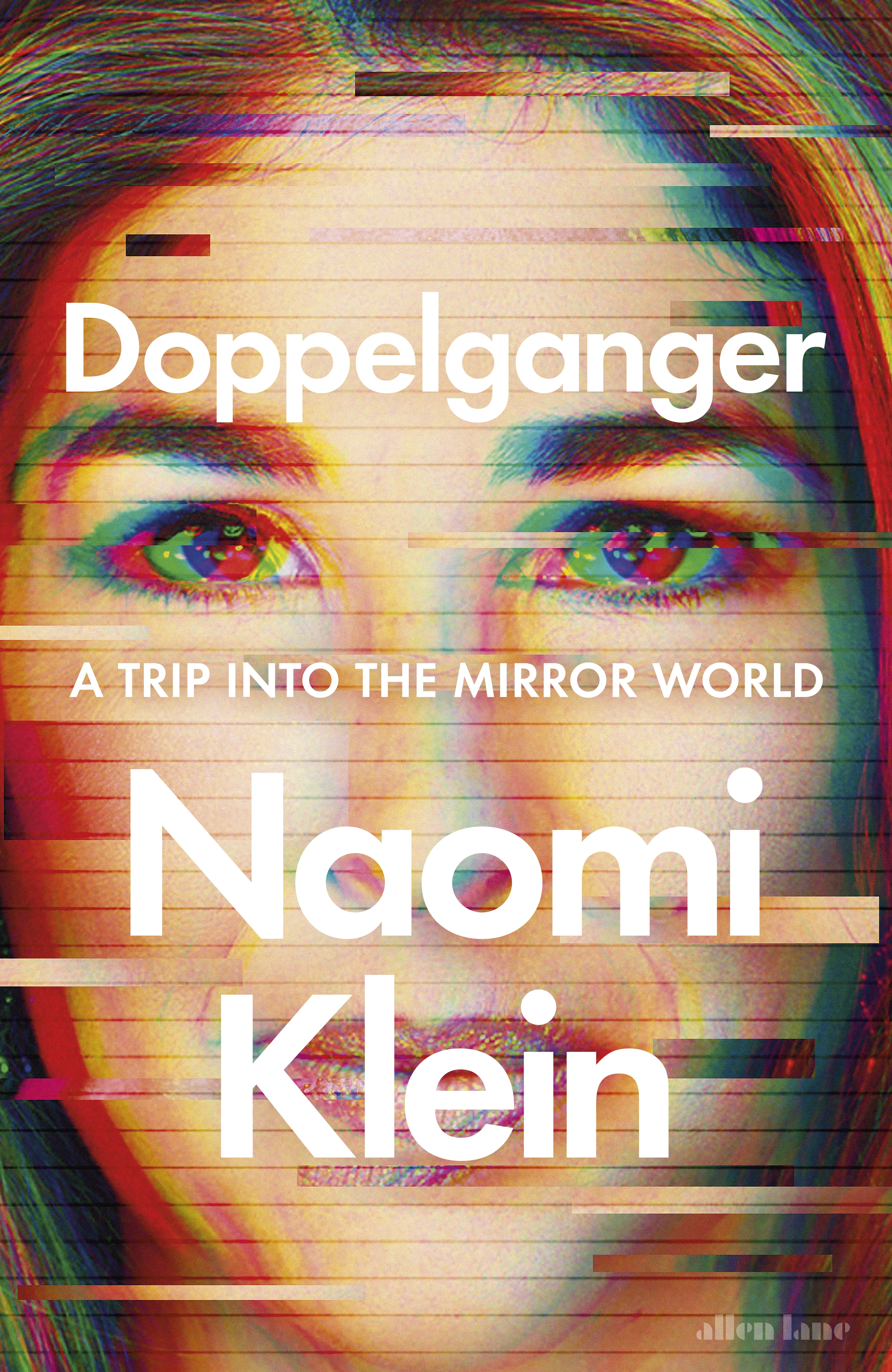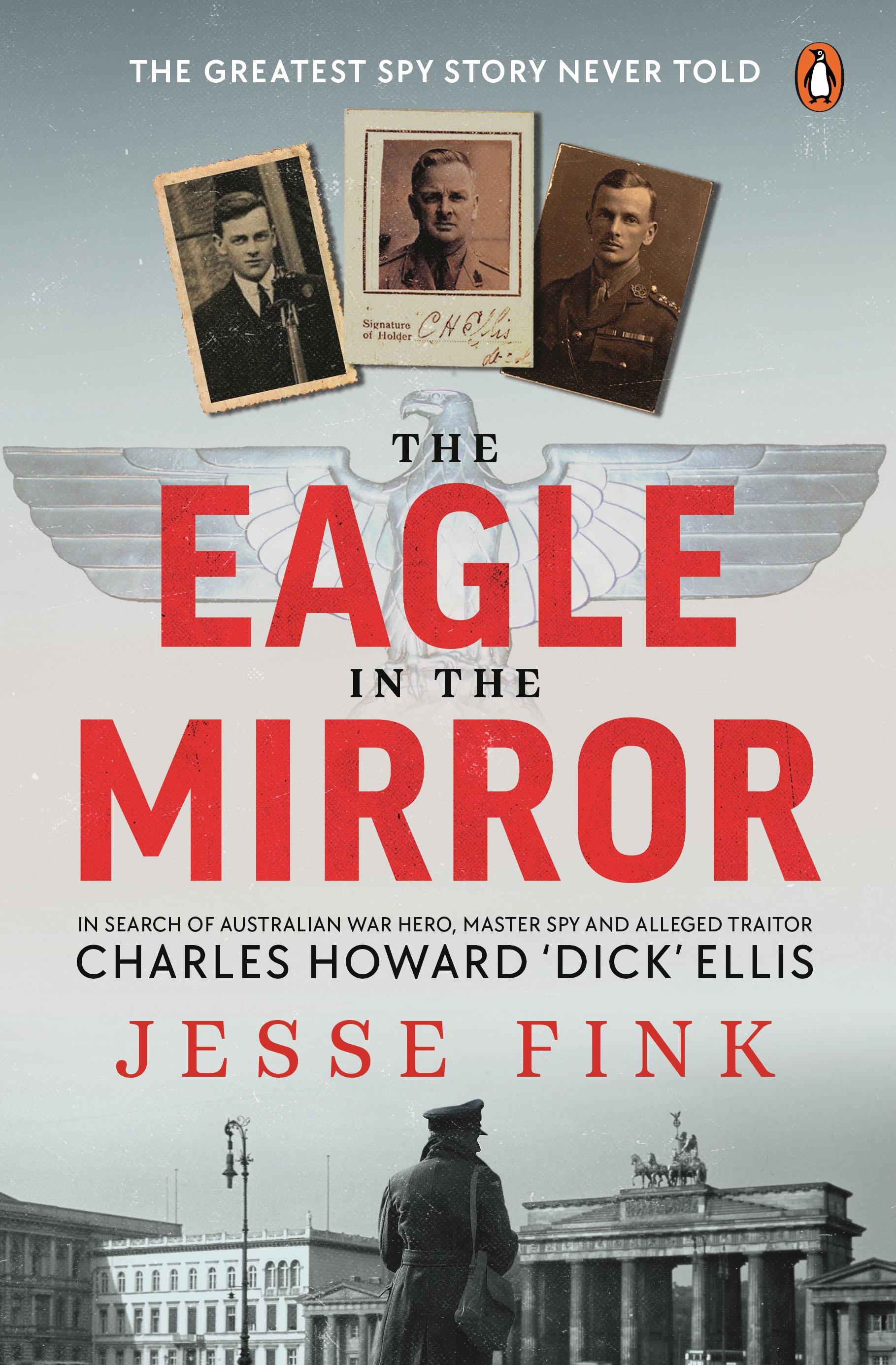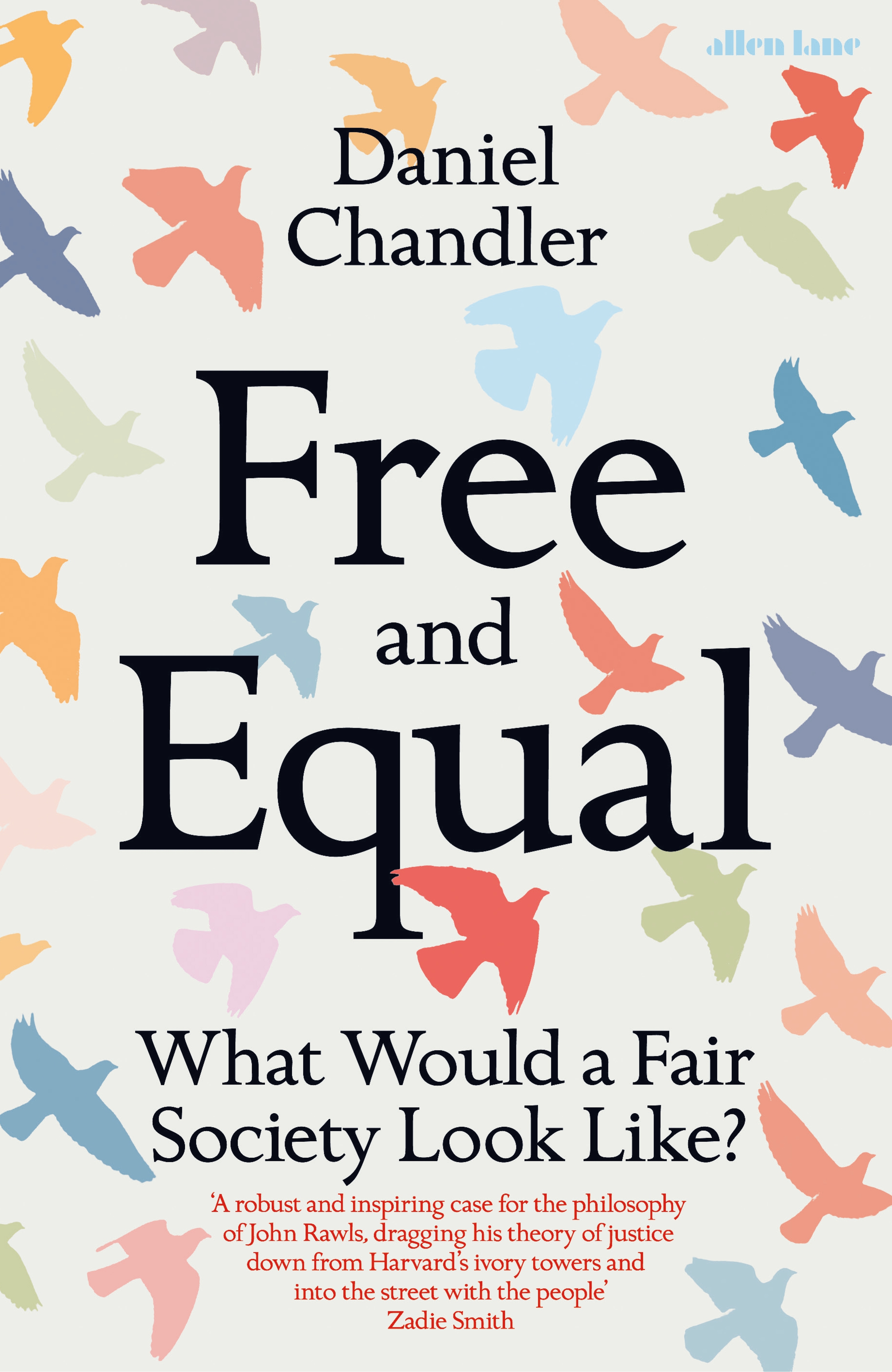Society
Culture is Not an Industry: Reclaiming art and culture for the common good by Justin O’Connor
A book written by an English author and published by an English academic press with first-page references to New Labour, Conservative austerity, and Brexit might seem, at first glance, of little interest to or relevance for Australian readers. Yet anyone concerned with or about the state of the arts in this country and further afield will find much stimulus, provocation, and food for thought in the latest work of a prolific academic-activist entrepreneur who has occupied posts in three Australian universities since 2008, besides presenting at conferences and consulting widely with UN agencies and local and national governments throughout Asia, Europe, and the Pacific.
... (read more)Seven Children: Inequality and Britain’s next generation by Danny Dorling
Britain today is no place for young people. The evidence is as familiar as it is stark. One million of the nation’s fourteen million children experienced destitution in 2022, meaning that their families could not afford to adequately feed or clothe them or keep them warm. In 2024, a record 150,000 lived in temporary accommodation in England. The long-standing decline in infant mortality has stalled. Facts like these, concerning the families struggling most, are often cited as proof of atrophy under Conservative austerity (which, while destructive in its own right, degraded Britain’s resilience against Covid-19 and the energy crisis that followed) and as indicators of the issues that Keir Starmer’s new Labour government should prioritise. But what do we miss by focusing on the worst-off?
... (read more)This new book by Clive Hamilton and Myra Hamilton provides a detailed and elegantly written analysis of the nature and causes of inequality in Australia – a problem that has increased markedly over the past forty years. The study focuses on the role of élite privilege, rather than on wealth itself. The authors assert that élite privilege – which they regard as a species of advantage distinct from that of male and racial privilege – has not been sufficiently theorised and, more importantly, is hidden in plain view. The aim of the book is to ‘make visible the practices, beliefs and attitudes that characterise elite privilege and allow its reproduction’. A large part of the book, written by this father and daughter team, is concerned with demonstrating the ways in which the non-meritocratic nature of Australian society is systematically concealed.
... (read more)The Relationship Is the Project: A guide to working with communities edited by Jade Lillie and Kate Larsen with Cara Kirkwood and Jax Brown
The Relationship Is the Project is a guidebook to working with communities. The work explicitly asks the reader to consider not only how art is created but from where that art comes – and it so often comes from community.
... (read more)Marina Kamenev’s Kin begins with a calmly unadorned outline of the nuclear family’s recent fortunes. In the space of just a few pages, she gives a condensed tour of the concept’s history, concluding with US historian Stephanie Coontz’s suggestion that the nuclear family is a ‘historical fluke’ – one that has, as Kamenev puts it, ‘been idolised long after its use-by date’. The introduction’s mini-tour prefigures, in capsule form, both the book’s thematic emphases and its guiding rhetorical procedures. As Kin’s chapters move through their discussions of the moral panics that accompany non-nuclear family structures, from same-sex parenthood to chosen childlessness to single-parent families, the book reveals that the real moral hazards of reproductive technology lie not in deviations from the nuclear model but in attempts to impose the model where it doesn’t fit.
... (read more)Max Dupain's portrait of Jean Lorraine, a favourite model among Sydney’s artists and photographers of the 1930s and 1940s, graces the elegant cover of Paul Dalgarno’s Prudish Nation. All that gives a somewhat misleading impression of the nature of this book. It is not a work of history. Nor is it an investigation of whether Australia is a notably prudish nation. The variety of gender and sexual identities examined certainly does not leave an impression of prudishness. If Australia was once prudish, it is obviously less so now.
... (read more)As a gynaecologist and feminist, I figured that this book would have little new to teach me. By page four, I realised I was wrong. Kate Clancy, an anthropologist by training and a serious researcher into the science underlying menstruation, takes her readers on an adventurous romp through every physiological, political, and social aspect of this monthly bloodletting and tissue-shedding that virtually all women (and other people with uteruses) experience hundreds of times during their reproductive years – myth-busting as she goes.
... (read more)For over a decade, Naomi Klein – the avowedly left-wing Canadian journalist and activist, best known for her first and third books, No Logo: Taking aim at the brand bullies (1999) and The Shock Doctrine: The rise of disaster capitalism (2007) – has been ‘chronically confused’ for ‘the other Naomi’, American writer Naomi Wolf, who first made her name with the feminist best seller The Beauty Myth (1990). Across that period, Klein’s ‘big-haired doppelganger’ has morphed into ‘one of the most effective creators and disseminators of misinformation and disinformation’ of recent times, a development that has led some to remark that Wolf is in fact a ‘doppelganger of her former self’.
... (read more)The Eagle in the Mirror by Jesse Fink & My Mother the Spy by Cindy Dobbin and Freda Marnie Nicholls
The life of a spy is based on lies, but both these books make an attempt to separate fact from fiction in the stories of their subjects.
... (read more)Free and Equal: What would a fair society look like? by Daniel Chandler
Only rarely does a book of political philosophy inspire a media commotion. Well, at least a small stir – glowing reviews in leading British newspapers, BBC interviews, a speech at the Royal Academy of Arts, praise from the archbishop of Canterbury. Daniel Chandler, LSE economist and philosopher, is the thinker of the moment.
... (read more)

